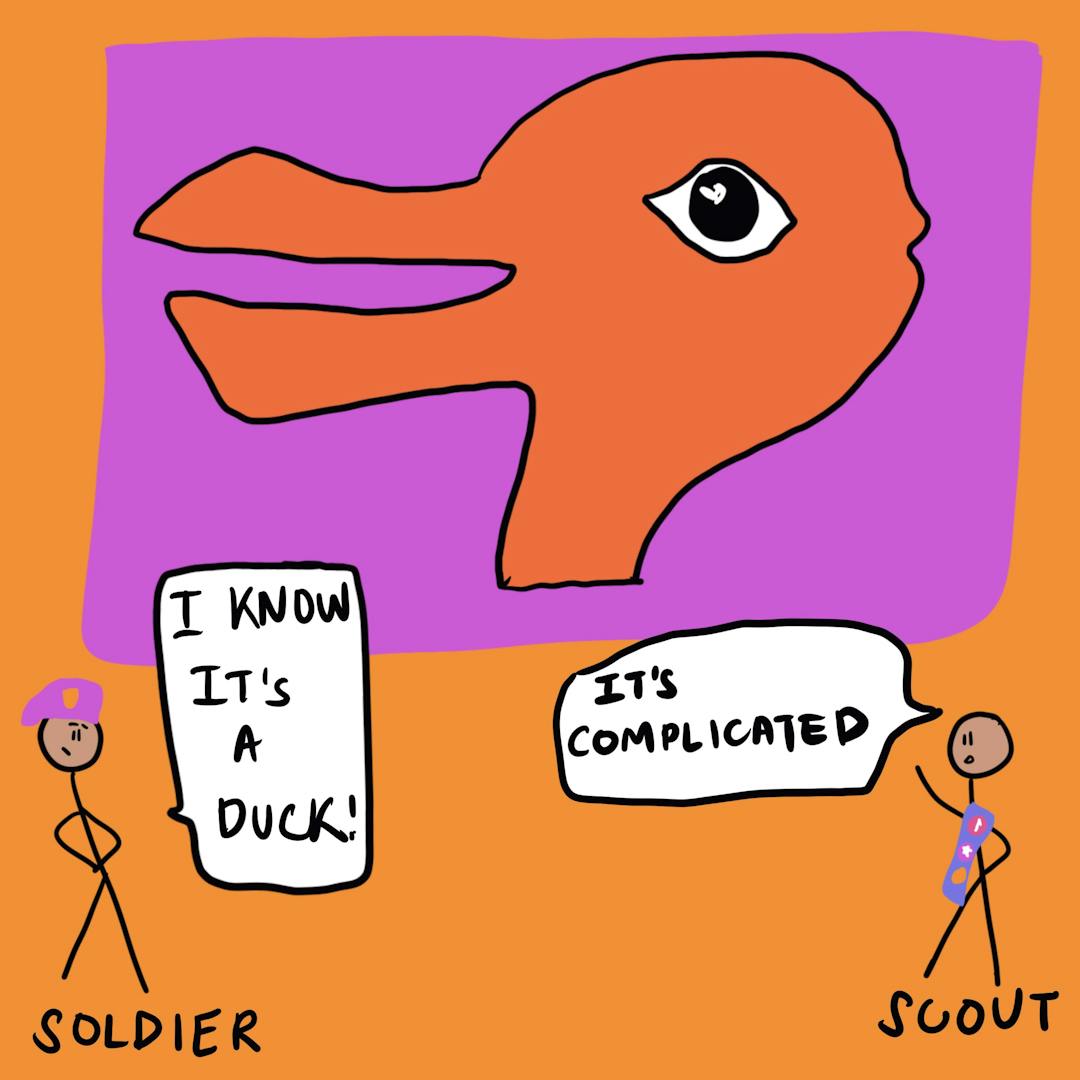The Tools Of The Behavioral Science Trade: Matt Wallaert

As the behavioral scientist [in a new environment] you need to, within the first six months or so, get some early wins. They don’t have to be big, they have to be demonstrable things that you can use as internal examples to do the teaching. In month one, or month three … all the examples I’m going to use are going to be external because I’ve only been there three months and we haven’t managed to get something off the ground. But six months, a year in, at least half of those examples need to be internal examples, no matter how small. And I do think by the way that it’s a snowballing effect. You start with small projects that gain social credibility with people and introduce them to how to do this thing. And then you’ve done it almost hackathon-style before, right where I’ve been like, ‘We’re going to do a one day offsite. And in the course of that one day offsite, you’re going to go through at least the first couple of steps of the Intervention Design Process. You’re going to go through a couple of steps of behavioral science in order to get you to feel like you had an early win. And then that allows you to then take on bigger projects, and bigger projects, and bigger projects, and bigger projects through that framework.
Intro
In today’s episode of The Decision Corner, we are joined by Matt Wallaert, a pioneer in applied behavioral science and a serial entrepreneur. Matt has over a decade of experience applying behavioral science to practical problems, ranging from startups to Fortune 500s to an array of prosocial side projects. He has given hundreds of talks on the science of behavior change, including appearances at the United Nations and South by SouthWest.
Recently, he brought behavioral science into healthcare management as Clover Health’s Chief Behavioral Officer. There, he directs one of the world’s largest behavioral science teams, combining qualitative researchers, quantitative researchers, and project managers. His book, Start at the End: How to Build Products that Create Change, proposes a science-based process to create behavior change that can be implemented in organizations of any size and industry.
In this episode, we discuss:
- His experience bridging the divide between multiple spheres where behavioral science has begun to take root
- Several metaphors for the process of democratizing behavioral science
- Figuring out whether a company needs a consultant, an agency, or if behavioral science should be used internally.
- How to discern talent among newcomers to behavioral science
- Equalizing opportunities in a still developing field
- Helping people find unique and meaningful career paths





